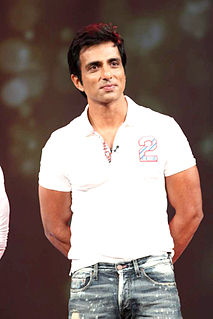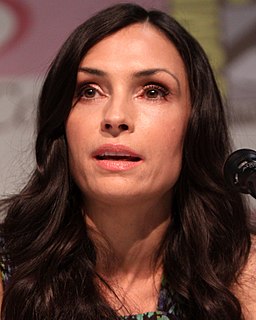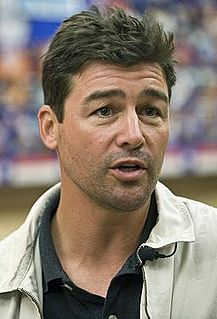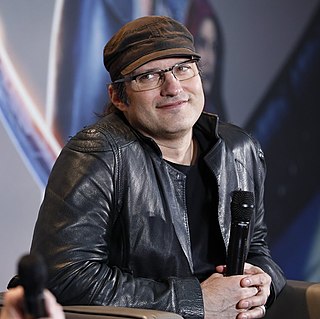A Quote by Whit Stillman
You have to constantly work on your script if it needs it. You don't accept, 'Oh, I did a draft and...' No, it's your responsibility to work on the script as much as possible and make it better and better.
Related Quotes
In terms of how I work with actors, having worked so heavily on the script I have a very clear idea of the characters; they are reasonably well illustrated in the script. If you cast it right, to a great degree you can hand it over to the actor and I just make suggestions. I'm not the kind of director who needs or wants to get into too much finessing. Ideally, when you hit the set, you have this conversation, like, 'eh, what did you think?' 'I don't know, what did you think?' 'Why don't we just try it again, make a few physical changes.'
I structure the scripts and work on them on films and work on scenes with writers and but I haven't written a script myself, I really respect what they do and I'm fortunate I get to work with people that I really enjoy working with and we all kind of spitball and work together on these things, but I haven't written a script yet.
Not harder than it should be, no. We're about the business, we're about the work. It's all about the work, always. We have fun and laugh and there're days that are more intense than others, but we're there to make it better. He's always going to try and make it better, I'm always going to try and make it better. So you accept anything, you accept whatever it takes to get it up on the screen and make it worthy.





































